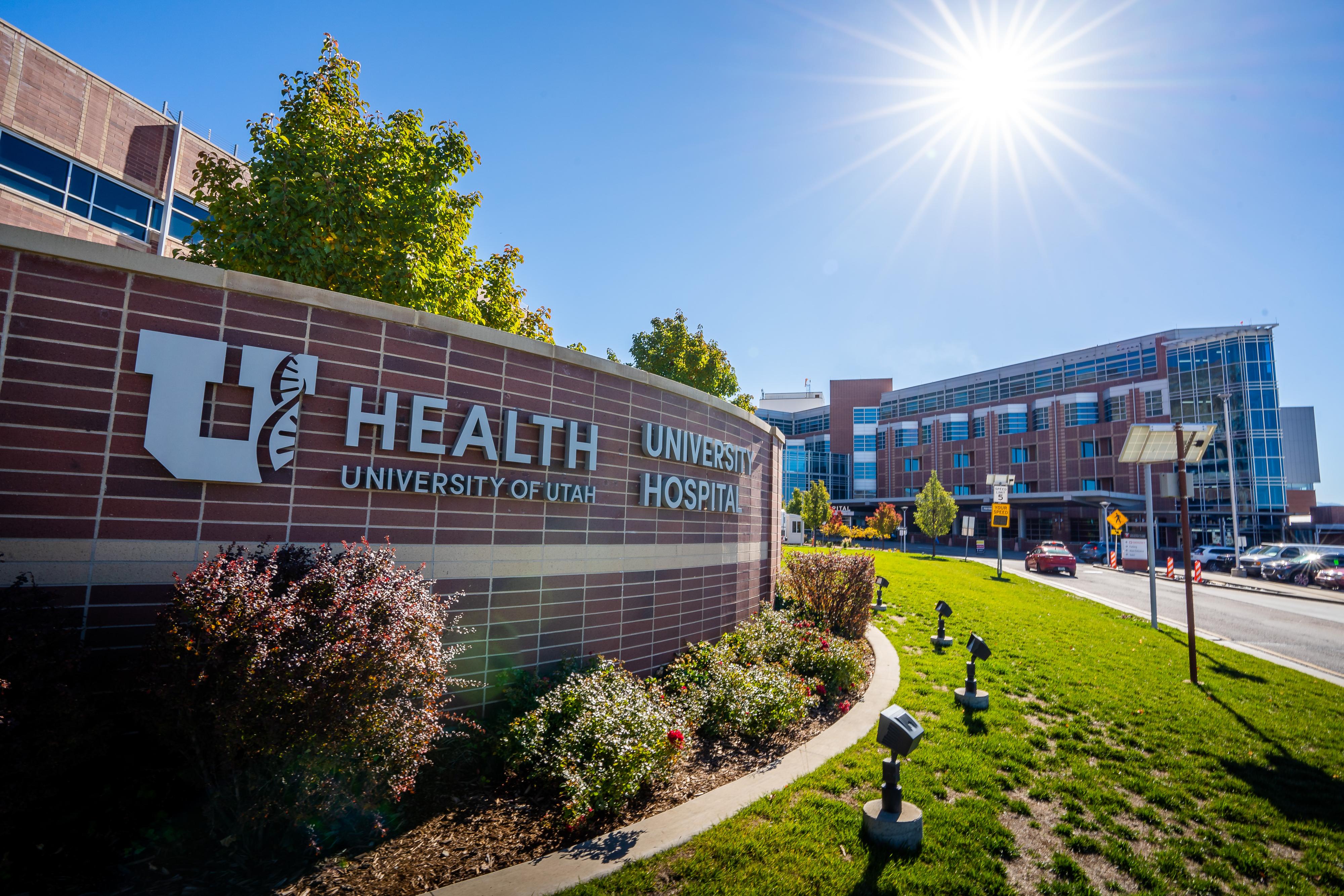
Access to quality health care is among the most critical components of healthy living for individuals in Utah and nationwide. To that end, a pair of University of Utah scholars are leading research aimed at closing the health care gap for people in underrepresented groups.
José E. Rodríguez, M.D., FAAFP, is a tenured professor in the Department of Family and Preventive Medicine as well as the associate vice president for Health Equity, Diversity, & Inclusion at University of Utah Health. He also finds time in his demanding schedule for practicing Family Medicine, providing primary care in underserved minority communities.
The focus of his research has been equity, diversity, and inclusion, specifically where it concerns underrepresented minority faculty in academic medicine. Rodríguez is also working with the National Academy of Medicine to produce a chapter on the Culture of Health, targeting individuals identifying as Hispanic or Latine.
“I love the work the academy is doing to tell the stories of resilience and inequities among the Latino and Pacific Islander populations in the United States,” Rodríguez said. “It’s been personally fulfilling and widened my scholarship in the area of health equity—giving me a chance to work with incredible colleagues.” This includes medical sociologist Ruth Enid Zambrana, a Distinguished University Professor in the Harriet Tubman Department of Women, Gender, and Sexuality Studies at the University of Maryland and lead author for the Latino Culture of Heath chapter. It also includes Mr. Fitisemanu, who is leading the work on the Pacific Islander population.
“I look forward to using the tools developed by the academy to improve patient care for these groups,” Rodríguez added.
Rodríguez was recently named president of the Family Physicians Inquiries Network, which instructs residents and faculty on evaluating information sources and answering clinical questions using the most reliable available evidence.
Rodríguez’s research colleague, Jacob “Jake” Fitisemanu is an associate instructor at the U teaching community health dynamics. He is also co-founder of the Utah Pacific Islander Health Coalition, as well as a member of the Community Advisory Board at the Huntsman Cancer Institute.
Born in New Zealand, then raised in Hawaii and Utah. Fitisemanu earned a master’s degree in public health from Westminster College in Salt Lake City and currently is a Community Health Program Manager at Intermountain Healthcare. In 2015, he served on the President’s Advisory Commission on Asian Americans & Pacific Islanders and the U.S. Census National Advisory Committee.
He said Native Hawaiians and Pacific Islanders fully understand the health disparities that disproportionately impact their communities, but there is very little disaggregated data in the published scientific literature to elevate broader awareness of these issues.
Despite a federal mandate issued almost 30 years ago, many agencies continue to collect and publish data on Asian Americans and Pacific Islanders as if they were one single, monolithic category, he said.
“This aggregation renders Native Hawaiians and Pacific Islanders statistically invisible and does nothing to advance the promotion of health equity,” he said. “Dr. Rodríguez and I have the privileged opportunity to work on the National Academy of Medicine's historic publication of an upcoming series of population-specific papers. Those studies highlight catalysts of change that can drive improvements in the systems and positively impact our communities' health.”
“Most community members don't read academic journals and peer-reviewed publications, so our work is to ensure that the crucial information from this paper series is disseminated to local service providers, so they have the credible info they need to apply for funding and sustain their program operations,” Fitisemanu said.
“There are very few people at the U or in the state who are members of the National Academy of Medicine. This is a great opportunity for scholars in Utah to bring innovations they have developed here to the national stage,” Rodríguez said.
To receive stories like this directly in your inbox, please consider subscribing to the MEDiversity Newsletter. The monthly newsletter, sent every first Tuesday of the month, will help you stay in the loop with all things related to health equity, diversity, and inclusion from University of Utah Health Equity, Diversity, and Inclusion (UHEDI).
